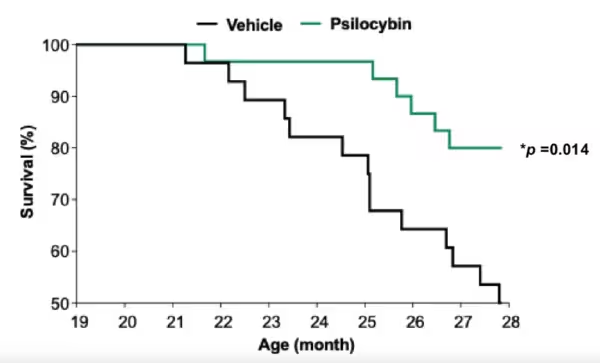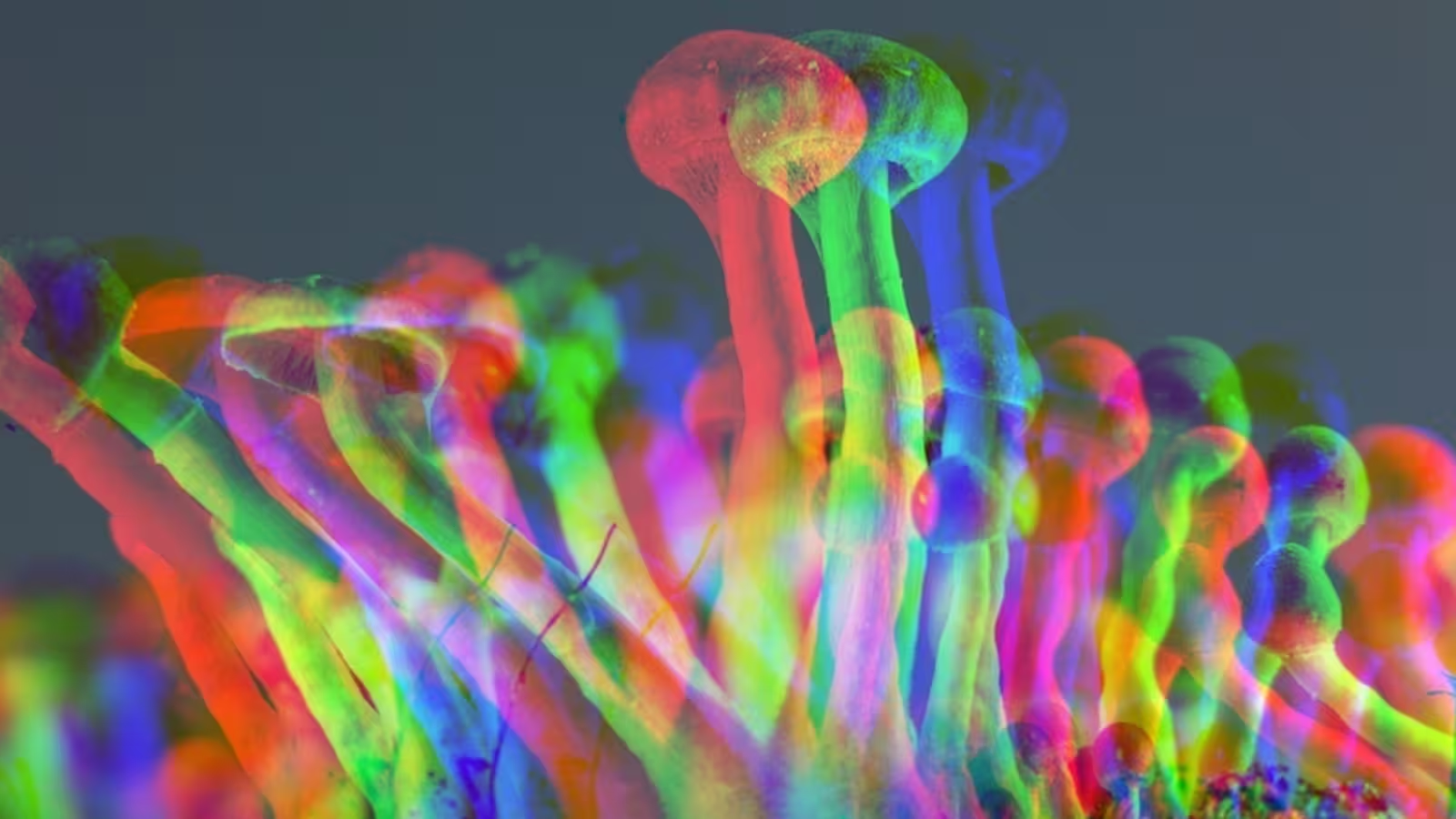3 Minutes
Introducing a New Frontier in Psychedelic Research: Psilocybin and Cellular Longevity
Psilocybin, a naturally occurring compound found in certain mushrooms, is widely recognized for its potential to address psychological conditions like depression and anxiety. However, a recent study led by scientists from Emory University and Baylor College of Medicine in the United States uncovers an unexpected benefit: psilocybin may significantly delay biological aging and extend lifespan at the cellular level.
Study Design: Exploring Anti-Aging Effects in Cells and Mice
In this pioneering research, scientists conducted experiments on cultured human cells and aging mice to evaluate the direct impact of psilocybin on longevity. Human skin cells and fetal lung fibroblasts were exposed to psilocin—a metabolite that is rapidly converted to psilocybin by the human body. Researchers monitored these cells to determine the time required to reach “senescence,” the phase when cells cease dividing and become inactive, a central marker of biological aging.
Notably, the results demonstrated that lung cells treated with psilocin at 100 micromoles took 57% longer to reach senescence compared to untreated counterparts. Similarly, treated skin cells exhibited a 51% increase in lifespan. Such remarkable extensions in cellular longevity suggest that psilocybin could influence the aging process at a fundamental biological level.
Key Findings in Mice: Increased Survival and Reduced Signs of Aging
To examine effects in living organisms, the team administered monthly psilocybin doses to female mice aged 19 months—a stage equivalent to humans in their early 60s. Over a 10-month treatment period, 80% of psilocybin-treated mice survived, in contrast to just 50% in the control group. While the experimental design did not systematically assess every symptom of aging, researchers observed that treated mice generally retained healthier fur and had fewer white hairs.
Dr. Ali John Zarrabi, a palliative care physician and co-author of the study at Emory, remarked, "This study provides strong preclinical evidence that psilocybin may contribute to healthier aging—not just a longer lifespan, but a better quality of life in later years."

Implications and Next Steps for Psilocybin Research
The findings present compelling new evidence for psilocybin’s potential as a longevity-enhancing agent, expanding far beyond its established role in mental health therapy. Nevertheless, the authors emphasize that further research is required to optimize protocols—such as treatment frequency, dosage, and timing—as well as to determine whether psilocybin influences maximum lifespan in humans. As the field of anti-aging and regenerative medicine grows, this study lays the groundwork for future clinical trials in older adults.
Conclusion
This groundbreaking study suggests that psilocybin may have significantly broader applications than previously recognized, displaying the ability to extend the lifespan of human cells and increase survival in aged mammals. While more research is needed to confirm its therapeutic potential and establish clinical guidelines, psilocybin emerges as a promising candidate in the developing science of healthy aging and longevity.
Source: nature



Comments